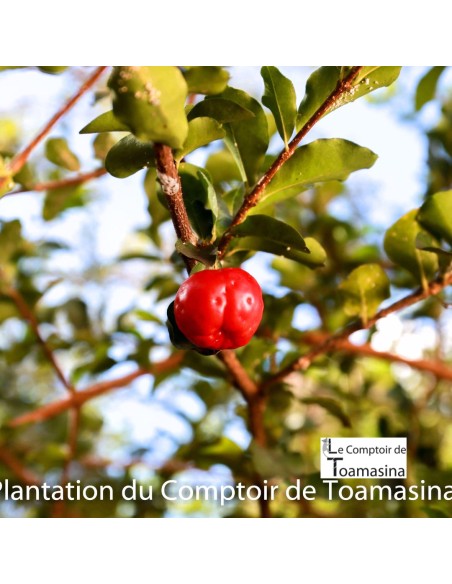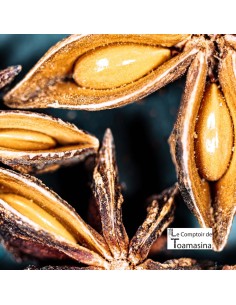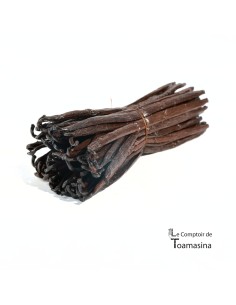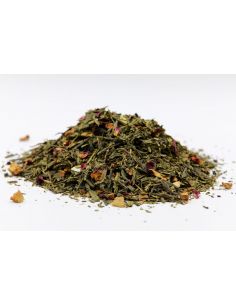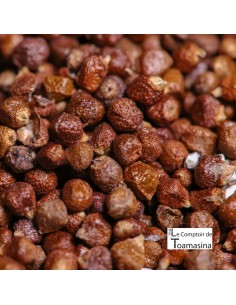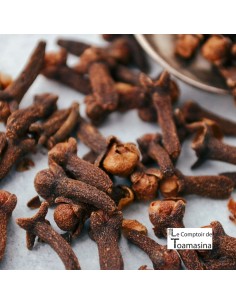Optimization of acerola cultivation, you will understand why Brazil is the leader in acerola production.
The success of acerola cultivation relies on a well-thought-out fertilization and nutrition strategy, particularly for export orchards.
I have personally been to the most beautiful orchards in Brazil in different acerola powder production factories to be able to select this natural vitamin C.
Fertilization represents a crucial lever for boosting productivity. In order to optimize the use of fertilizers, the grower must rely on fundamental methods: soil analysis, examination of leaves, detection of signs of nutritional deficiencies and understanding of the elements influencing the availability of nutrients. .
- Ideal environment for acerola
Acerola thrives in tropical and subtropical areas, showing resilience to temperatures near freezing. Optimal yield is observed with annual precipitation of 1200 to 1600 mm, uniformly distributed. The plant is not demanding in terms of soil type, adapting equally well to sandy and clayey soils.
Harvesting acerolas, whether for direct consumption or processing into juice for export, must be carried out with care. Harvesters must be trained specifically for this task. Fruits intended for long journeys should be picked when fully ripe. It is essential to handle fruits with care to avoid any damage that accelerates their deterioration. When packaging, the number of layers must be limited to prevent crushing of the fruit underneath.
- Polyculture in acerola orchards
Mixed farming is possible in acerola orchards, with certain precautions, particularly regarding the irrigation system. This practice is more widespread with sprinkler irrigation or during the rainy season. Compatible crops include beans, corn, tomatoes, watermelon and melon.
Sigatoka, identifiable by small necrotic spots on the leaves, can be controlled with copper-based treatments. Two other diseases, verrugosis and anthracnose, threaten acerola orchards, especially in the presence of papaya and pomegranate trees. To minimize risks, it is best to avoid mixed farming.
- Adapted irrigation systems
Acerola accommodates various irrigation systems, such as conventional sprinkler, center pivot, furrow and drip. Furrow and drip systems are recommended for mixed soils, while sprinkler and pivot are more suitable for sandy soils.
Planting is carried out when the plants measure between 30 and 40 cm. They are then attached to stakes with wide ribbons to guide their growth without strangling them. In the absence of rain, frequent watering is recommended.
Training pruning is necessary after resuming to develop a single trunk and direct three to four main branches which will constitute the crown structure.
Aphids, weevils and nematodes represent threats to acerola. Specific treatments, such as mineral oil, parathion and the use of legumes, are effective in controlling them.
- Land preparation and propagation
The land must be prepared by plowing and harrowing. Propagation can be done by seeds, cuttings or grafting, with a preference for seeds.

